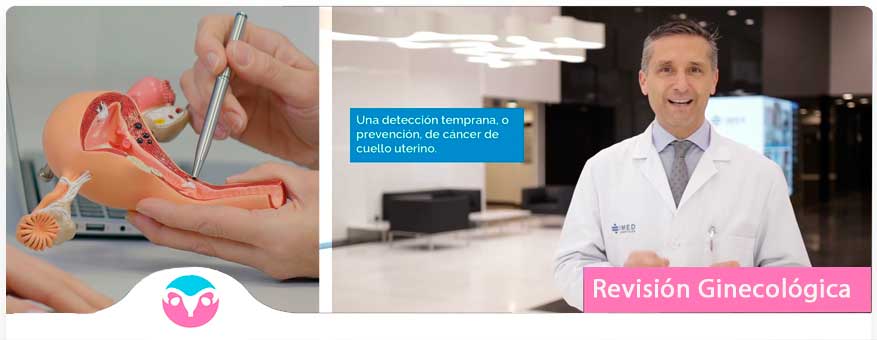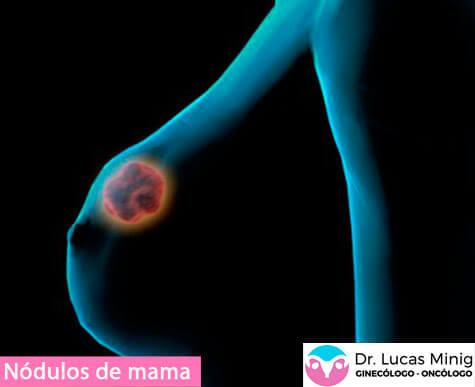
What Is A Routine Gynecological Check-Up
The Gynecologist Lucas Minig will carry out the preventive control examination in consultation according to age, symptoms, and medical history. He will also evaluate, if necessary, perform other complementary tests such as ultrasound, and cytology and prescribe treatment in order to prevent or treat any symptoms.
What Is The Purpose of A Regular Gynecological Examination?
Every woman should have a gynecological check-up every 2-3 years. The main objective is to assess her general health, carrying out the pertinent controls according to the different ages. Each woman symbolizes a different reality and, therefore, they require special attention for each particular situation. The basis of the gynecological examination are:
Treatment of specific diseases: endometriosis, uterine fibroids, or ovarian cysts, among others
Appointment with the Gynecologist
What Happens During a Gynecological Check-Up Examination?
When a woman attends her first gynecological visit, a detailed clinical history will be taken, ascertaining personal and family history, as well as the gynecological and obstetric history, proceeding to a detailed gynecological examination.
Doctor Lucas Minig, a specialist in gynecology and oncology at a national (Spain) and international level, will take care of the entire process with the patient for a complete gynecological check-up.
Then, if necessary, the following tests are performed:
Gynecological Review Tests:
How Often Should I Get A Gynecological Check Up?
The gynecological review should be performed every 2-3 years to assess different parameters that can change over time. In any case, the individual situation of each woman may require a shorter interval according to each case in order to properly assess her particular state of health.
Some women prefer to make the visit in periods of an annual Gynecological review.
The age to carry out preventive check-ups is between 25 and 65 years.
When Should I Start Getting Regular Gynecological Check-Up Examinations?
There is no specific age to start gynecological visits. Each stage of a woman’s life can present different and specific problems that require specialized attention, from adolescence to menopause.
Ideally, unless there is a particular situation that requires a diagnosis or specific treatment at an early age, the first contact with the gynecologist is around 20-25 years of age.
Why Are Regular Gynecological Examinations Important?
Request a Second Medical Opinion
Frequently Asked Questions About Gynecological Review
Gynecological Review in Spain.
How often should I visit my gynecologist?
The ideal would be to carry out an annual visit to assess different parameters that can change over time. Every woman needs a unique approach to assessing her health.
When should I start visiting?
There is no age to start visits with the gynecologist since we can receive pediatric patients, adolescents, women of childbearing age, and women in menopause. Each age presents different problems that often cannot be resolved by other specialists such as pediatricians or clinical/family doctors. Ideally, unless there is a particular situation that requires diagnosis or treatment at an early age, the first contact with the gynecologist is in adolescence. This period is usually crucial to give the correct information about changes in a woman’s body, the menstrual cycle, and alterations in bleeding patterns, as well as educating adolescent women about responsible sexual and reproductive health.
Always remember that prevention is the best weapon we have to take care of our health.
Opinions of patients With Gynecological Review
Doctor Lucas Minig Specialist in Gynecological Review Valencia, Spain
WE WORK FOR YOUR HEALTH

SPECIALIZED TREATMENTS

CONTROL AND DIAGNOSIS

MAXIMUM TECHNOLOGY

Contact us
Leave us your data and consultation to offer you personalized medical advice
International Consultation
If you want remote medical care, you can consult
through the following links:
International Appointment
Online Consultation
Whatsapp: + 34 679 112 179








